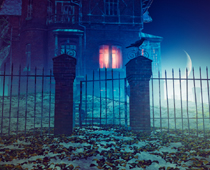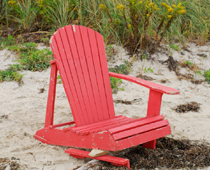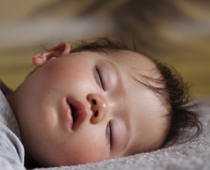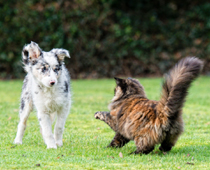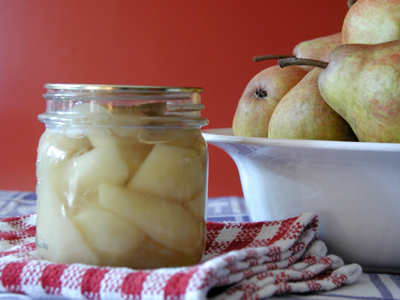
Conjunctions - And or But
This quiz is for teaching children when and how to use the conjunctions ‘And’ or ‘But’. To agree, the word ‘and’ is used, but to disagree the word ‘but’ is used. It identifies two of the most common words used by Key Stage 1 children and highlights the difference one word can make to their sentences. This quiz will also recap all the basic sentence rules like capital letters and full stops which will reinforce children’s knowledge of literacy and English.
When we write sentences, we often link two ideas with the words ‘and’ or ‘but’. The word ‘and’ adds detail to what you’ve already said but the word ‘but’ disagrees. Every sentence you write must always start with a capital letter and full stop.
To see a larger image, click on the picture.
Ready for more?
not all...
quizzers. Try to win a coveted spot on our Hall of Fame Page.







